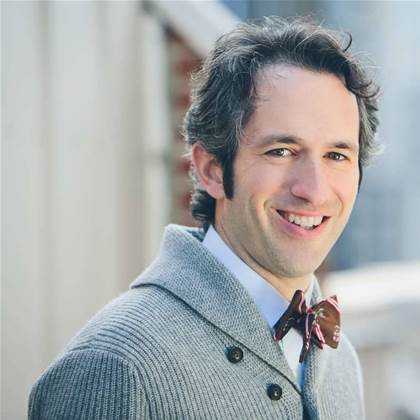The researcher got the top five contenders right, although Azerbaijan placed second and not fifth, displacing Ukraine to the third spot with Norway and Russia at number four and five.

This year's winner of the Eurovision 2013 song context didn't come as a surprise to Microsoft's New York-based researcher David Rothschild, who used big data analytics to correctly predict that Denmark's Emmelie de Forest would be victorious.
By analysing raw data from betting markets and turning it into a set of probabilities, Rothschild found that Denmark had the highest probability of winning, followed by Ukraine, Norway, Russia and Azerbaijan.
YouTube and social media data such as Twitter sentiment and searches also provide insight for Rothschild's predictions.
He did less well with the bottom five, which were in reverse order Ireland (5 points), Spain (8 points), Finland (13 points), France (14 points) and Lithuania (17 points).
Rothschild explained that his prediction markets methodology worked particularly well for the song contest, partly because he is from the US and not Europe.
"Prediction markets work particularly well for Eurovision, firstly, because the markets are extremely robust, and secondly, because the collective wisdom of the users includes the unique politics of the Eurovision voting blocs.
This means that an American like me – with detailed knowledge of markets, but little domain knowledge of Eurovision – can make meaningful predictions," Rothschild wrote.
For Rothschild, who has a PhD in Applied Economics, the actual Eurovision result was less interesting than learning from the event. His aim is to build scalable forecasting in order to predict the future more accurately.


.png&h=140&w=231&c=1&s=0)
_(28).jpg&h=140&w=231&c=1&s=0)
_(20).jpg&h=140&w=231&c=1&s=0)
_(33).jpg&h=140&w=231&c=1&s=0)





 iTnews Benchmark Awards 2026
iTnews Benchmark Awards 2026
 iTnews Executive Retreat - Security Leaders Edition
iTnews Executive Retreat - Security Leaders Edition
 iTnews Cloud Covered Breakfast Summit
iTnews Cloud Covered Breakfast Summit
 The 2026 iAwards
The 2026 iAwards












_(1).jpg&h=140&w=231&c=1&s=0)



